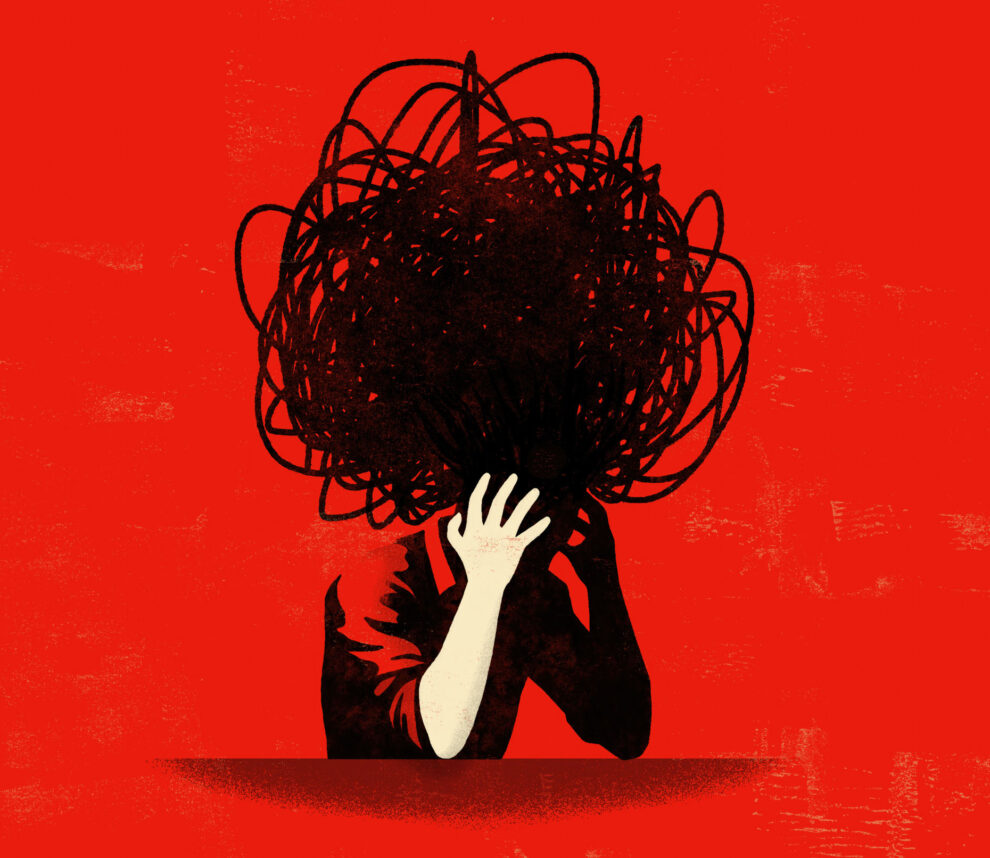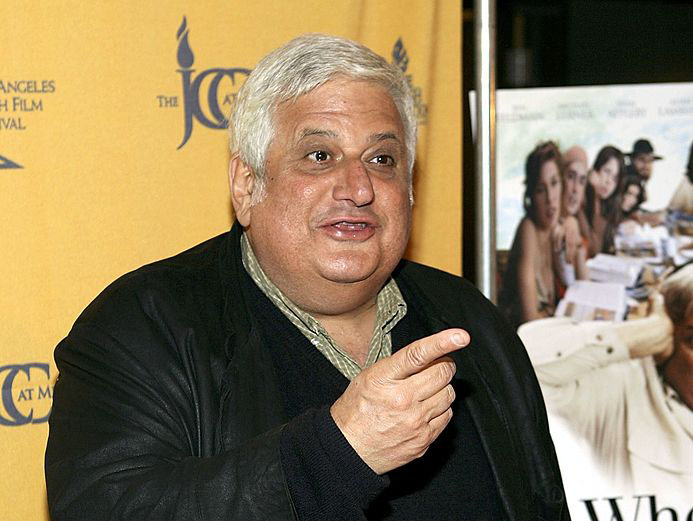I’ve been reading a lot of Amos Oz lately, perhaps because I’m researching a series of stories about Israel and it’s foremost on my mind.
Last night, I finished his latest, Scenes from Village Life, and was haunted by the final scene “In a faraway place at another time” which I interpreted as the kind of apocalyptic nightmare that could occur if Israel’s current realities don’t change. Oz doesn’t say if it’s the Israeli-Palestinian conflict or the external existential threats that might lead to this demise, his only focus is the resultant decay.
It happens because this “village” becomes so isolated, it rots.
“[P]oisonous vapors blow in from the green swamp…fences rot with a damp mold, mildew eats at the walls, straw and hay turn black with moisture as though burnt in fire…the very soil bubbles.”
And inbreeding sickens its inhabitants beyond recognition.
“The children are sick all summer with boils, eczema and gangrene. The old folks die from atrophy of the airways. There are many people who are crippled, who suffer from goiter, from mental deficiency, twisted limbs, facial tics, drooling, because they all interbreed: brothers and sisters, sons and mothers, fathers and daughters.”
It is a fine metaphor. A “malignant marsh” develops in the town and all sorts of figures—official, political, intellectual, spiritual—make recommendations for how to fix the problem: “dig, divert, dry out, dig up, cleanse, inject, remove, upgrade and turn over a new leaf.”
But nothing happens.
Leadership fluctuates: “one was ousted, one was defeated, another fell from grace, a fourth was assassinated, a fifth was imprisoned, a sixth became a turncoat, a seventh fled or fell asleep.”
“Here,” Oz writes, “everything has remained as it always was.”
Without change, the village loses its life force.
The macabre portrait that concludes Oz’s book is quite different from the denouement he hopes for in reality. During a recent appearance on Charlie Rose, the television host asked him about comparisons between himself and Chekhov. As he considered the parallel, he brought up Shakespeare. What is the difference between Chekhov’s writing and Shakespeare’s?
“In a Shakespearean tragedy,” Oz began, “in the end, the stage is covered, hued with dead bodies. And justice prevails, perhaps; whereas, in a tragedy by Chekhov, in the end, everybody is melancholy, unhappy, disappointed, heartbroken, sad—but alive. And my colleagues and I have been looking for a Chekhovian—not a Shakespearean, resolution to the Israeli-Palestinian conflict.”






















 More news and opinions than at a Shabbat dinner, right in your inbox.
More news and opinions than at a Shabbat dinner, right in your inbox.